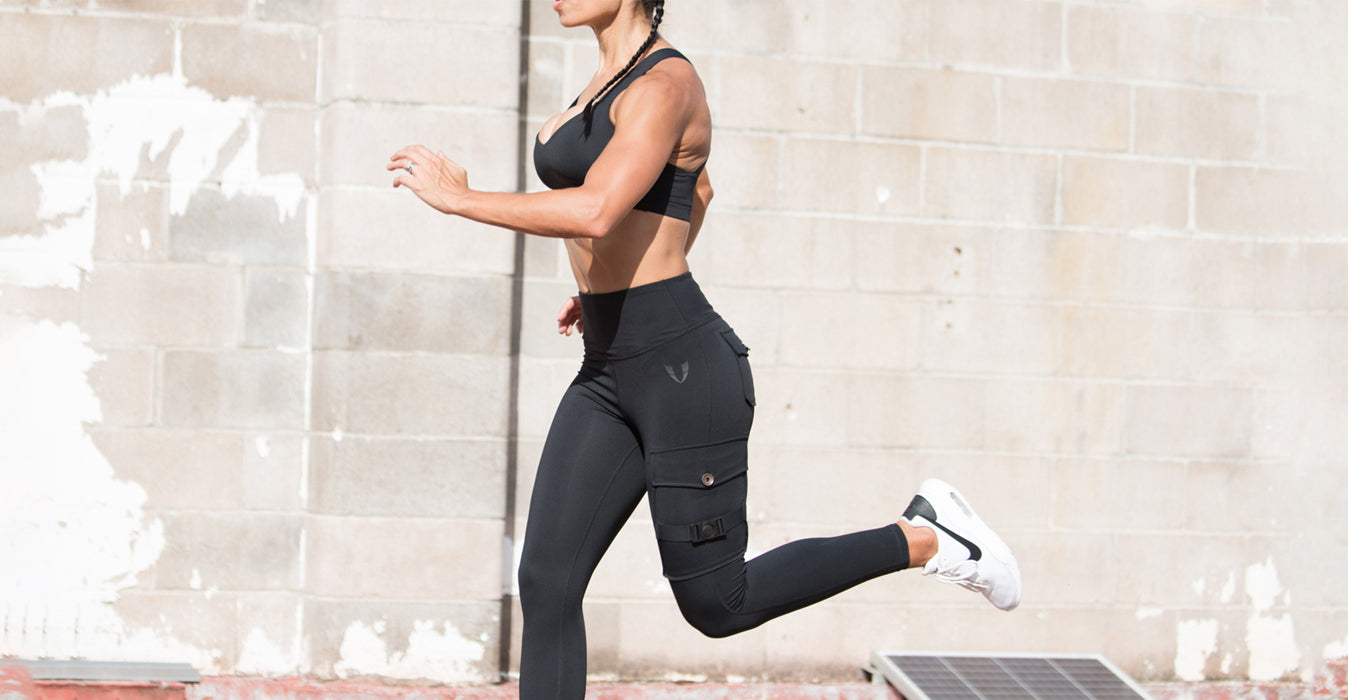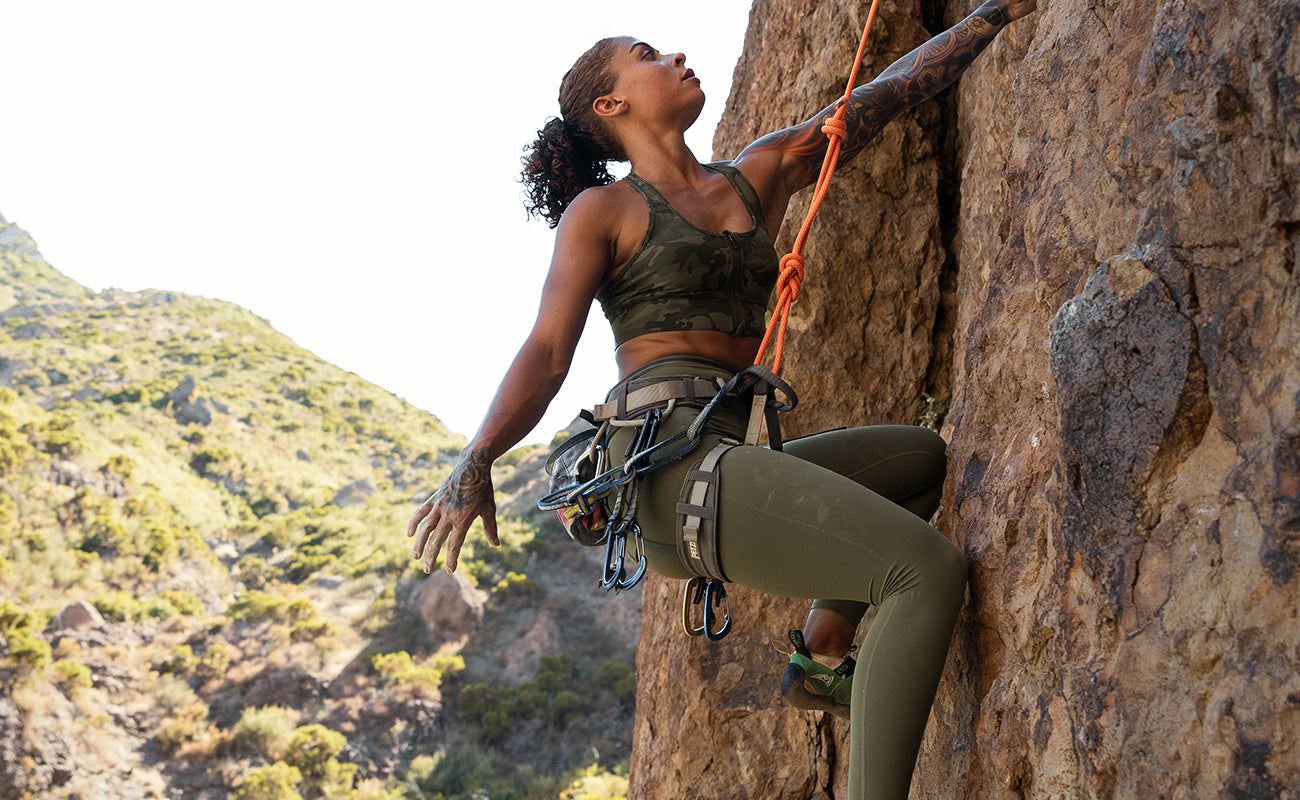
How to Wash and Care for Activewear to Make It Last
Activewear is a must-have in many wardrobes, designed to keep you comfortable during workouts with its breathable, moisture-wicking fabrics. These essential features set activewear apart from regular clothing, which is why it needs special care to maintain its performance. Without proper maintenance, you might face issues like loss of elasticity, unpleasant odors, and damage to the fabric. But don’t worry! In this article, you’ll find detailed tips on how to wash and care for your activewear, helping it stay in great condition for as long as possible.
What You'll Find in This Article:
Pre-Wash Tips
1.Read the Care Label
Always check the label for specific care instructions. Different materials such as spandex, nylon, or polyester may require particular washing temperatures or handling to maintain their quality.
2.Separate Activewear
Wash activewear separately from other garments to reduce friction, which can cause pilling. Avoid washing delicate activewear with rough fabrics, such as jeans or towels. Light-colored items should also be separated to prevent color transfer. Using mesh laundry bags can help protect softer garments, minimizing stretching and tangling.
3.Turn Inside Out
Before washing, turn activewear inside out to protect printed logos, designs, and fabrics from abrasion. It also allows better cleaning of the inner surface, where sweat and bacteria accumulate.
4.Remove Stains
Treat stains as soon as possible by applying a gentle detergent or a vinegar-water solution to the affected area. This prevents stains from setting and makes them easier to remove during washing.

How to Wash Activewear Properly
1.Soak and Rinse for Tough Odors
If your activewear develops stubborn odors, soak it in cold water mixed with half a cup of white vinegar before washing. You can also add vinegar to the rinse cycle to break down bacteria and eliminate lingering smells.
2.Use the Right Detergent
High-performance fabrics require care to maintain their moisture-wicking and breathable properties. Use a mild or sport-specific detergent to clean the clothes without degrading the material. Avoid harsh detergents, which can damage elasticity and cause buildup.
3.Wash in Cold Water
Cold water preserves the elasticity of synthetic fabrics and helps prevent shrinking or warping. Set your washing machine to cold water to protect your activewear and maintain its performance features.
4.Set a Gentle Cycle on the Machine
Use the gentle cycle to reduce wear and tear on delicate fabrics. This helps prevent pilling, snags, and damage to features such as seams and logos.
5.Avoid Fabric Softeners
Fabric softeners can coat performance fabrics, reducing their breathability and moisture-wicking capabilities. Avoid using them to maintain your activewear's functionality.
6.Don't Overload the Washing Machine
Overloading the machine causes garments to rub together, leading to fabric damage and incomplete cleaning. Wash in smaller loads to ensure each item is thoroughly cleaned and protected.

How to Dry Activewear
1.Air-Dry Whenever Possible
Air-drying is the best way to maintain the elasticity and fit of your activewear. Use a drying rack or hang clothes in a well-ventilated space to prevent wrinkles and shrinkage. Avoid direct sunlight, which can fade colors over time.
2.Use Low Heat if Necessary
If you need to use a dryer, select the lowest heat setting . High heat can weaken synthetic fibers and cause them to break down over time. Limit the use of tumble dryers to prevent damage.
Storage Tips
1.Store in a Dry Place
Ensure your activewear is completely dry before storing it to avoid mold and mildew. Keep it in a cool, dry space to prevent bacterial growth.
2.Fold or Hang Properly
Most activewear should be folded to prevent stretching, especially items like leggings and sports bras that contain elastic bands. For jackets or outer layers, use padded hangers to maintain their shape.

How Often Should You Wash Activewear
It’s best to wash your activewear after every workout to remove sweat and bacteria. However, if the workout was light or you didn’t sweat much, you can air out the clothes to prevent bacteria buildup. Sports bras should always be washed after each use, as the skin beneath the bust is prone to irritation and bacterial growth.
If you don’t have time to wash your activewear immediately, you can use a refreshing spray to neutralize odors temporarily. This is particularly useful for people with busy schedules who squeeze workouts into their daily routines.
FAQs
How do I Remove Stubborn Odors and Stains?
Pre-treat sweat stains with vinegar or baking soda solutions.
Add half a cup of vinegar to the rinse cycle to break down bacteria and neutralize odors.
Use sport-specific detergents for a deeper clean and odor removal.
How Can I Prevent and Deal with Pilling?
Turn activewear inside out to reduce friction during washing.
Wash delicate items in mesh laundry bags to protect them from rubbing against other clothes.
Use a fabric shaver or a razor to remove pills and restore the garment’s smooth surface.
Can I Wash Activewear with Regular Clothing?
It’s not recommended to wash activewear with regular clothing. The fibers from other garments can transfer onto the fabric, causing pilling and reducing the performance of your activewear. Additionally, washing similar fabrics together helps to avoid wear or snagging, ultimately extending the lifespan of your activewear.
What Temperature Kills Bacteria in the Washing Machine?
While high temperatures (above 60°C / 140°F) are typically required to kill bacteria, this is not suitable for most activewear fabrics. Instead, use sport-specific detergent or vinegar in the rinse cycle to eliminate bacteria while maintaining fabric integrity.
Wrapping Up
Taking proper care of your workout gear is crucial for extending its lifespan and keeping it in top shape for every session. By following the washing, drying, and storage tips outlined in this article, you’ll ensure your favorite pieces remain fresh and functional. Remember to separate them and turn them inside out before washing, and always use cold water on a gentle cycle with mild detergents. Additionally, air-drying whenever possible will help preserve their performance. With these simple yet effective strategies, you'll find that your gear lasts longer and maintains its high performance for many workouts to come!







Laisser un commentaire
Ce site est protégé par hCaptcha, et la Politique de confidentialité et les Conditions de service de hCaptcha s’appliquent.